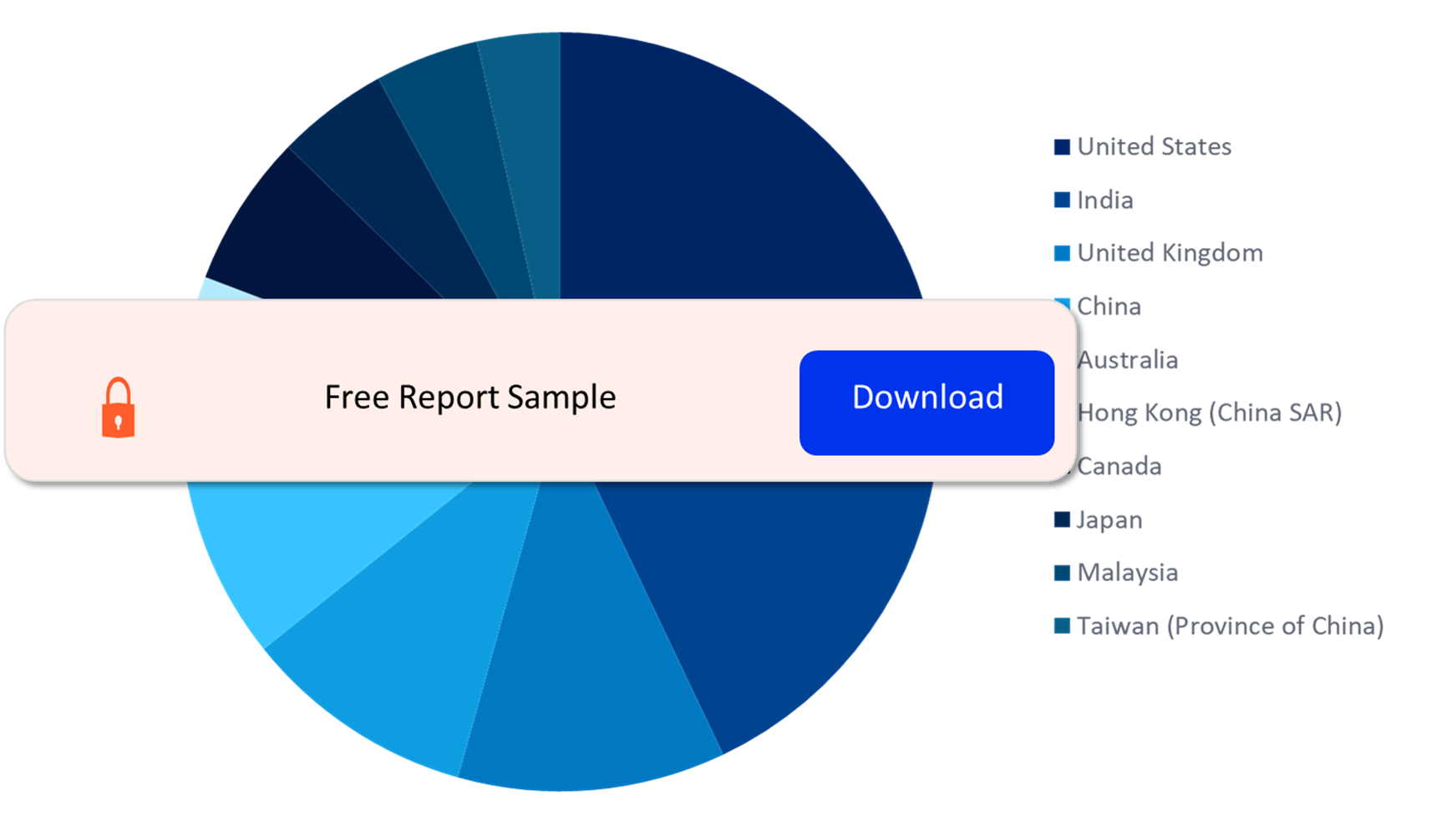Net Zero by 2050 – Industrial Decarbonization Gains Momentum (Vol.2)
Powered by ![]()
All the vital news, analysis, and commentary curated by our industry experts.
Net Zero by 2050 Overview
Businesses and tech giants globally are focusing on low-carbon products, renewables, and EVs to achieve net zero emissions. Key sectors such as aerospace, automotive, and technology are advancing sustainability through innovations in hydrogen, EVs, fuel cells, and smart energy solutions among others.
The “Net Zero by 2050” report outlines decarbonization-related deals value and volume trends, VC investment activity and geographic trends, and leading investors. The report also provides facts and figures related to climate change, the need for industrial decarbonization, and notable global efforts. Furthermore, gain in-depth insights on decarbonization commitments, social media traction, company filing mentions, and key hiring trends with detailed media & trend analysis provided in the report.
Buy the Full Report to Know More about the Net Zero by 2050
Net Zero by 2050 – Major Investments
Tech innovation and consolidation in clean energy sectors lead to significant investment in decarbonization strategies in 2022. For instance, China Three Gorges invested more than $24 billion in the Baihetan Hydropower Plant in China. The other top countries receiving heavy VC funds are the US, Germany, Saudi Arabia, and the UK. The US captures more than half of the global VC deals value due to investments such as Infrastructure Investments Fund’s acquisition of South Jersey Industries through an IBO in 2022.
Mentions of Decarbonization and Related Keywords in Company Filings by Top Countries, 2019 -2023 (%)
Buy the Full Report for More Insights on Investment in Net Zero Strategies
Net Zero by 2050 – Sectoral Innovations
The key sectors focusing on decarbonization include construction, energy & utilities, transportation, metals & mining, chemicals & petrochemicals, technology, and consumer.
Construction: In the construction sector, startups and enterprises are using industrial off-gases to develop sustainable cement and concrete. For instance, California-based hardware cleantech startup Brimstone has developed a method to produce Ordinary Portland Cement without releasing CO2. This cement is chemically and physically identical to traditional cement. Brimstone’s carbon-negative cement uses calcium silicate rocks instead of limestone to produce cement. The calcium silicate rocks do not contain CO2.
Buy the Full Report for More Insights on Innovations in Net Zero Strategies
Net Zero by 2050 - Outlook
Factors such as the circular economy, climate-positive supply chains, carbon pricing incentivizes emission reduction, and decentralized energy systems are driving the decarbonization strategies. The major tech companies such as Amazon, Apple, Airbus, and Boeing among others as well as governments are investing heavily in net zero emissions. For instance, Brazil’s President announced measures to strengthen the protection of the Amazon Rainforest and other Brazilian biomes. The government also announced to reduce deforestation and combat global warming. Brazil intends to cap 2030 emissions at less than 2 gigatons of greenhouse gas, a reduction of more than 52% compared to 2005.
Buy the Full Report for More Insights on the Future Outlook in Net Zero Strategies
Scope
- Technology Decoding: It presents the threat of climate change, facts and figures, the need for industrial decarbonization, notable global efforts, and a market map of disruptors.
- Media & Trend Analysis: This section highlights the recent news, decarbonization commitments, thought leadership, social media traction, company filing mentions, and key hiring trends.
- Investment Radar: It outlines decarbonization-related deals value and volume trends, VC investment activity and geographic trends, leading investors, environmental accelerators, and CVC investors and investees.
- Innovation Explorer: This section explores game-changing innovations and strategic corporate partnerships to expedite the development of decarbonization solutions.
- Technology Foresight: It provides the Innovation Radar map and highlights the top players’ innovation trends related to decarbonization.
- The Road Ahead: This section summarizes drivers and challenges, global initiatives, corporate coalitions, digitalization, CO2 in material science, policy roles, emerging technologies, and future outlook.
Key Highlights
Industrial decarbonization overview and high-impact industries, major stakeholders providing solutions in each industry, the noise created in the media, VC investment trends, examples related to the implementation of decarbonization technologies such as renewables including hydrogen, energy efficiency, electrification, and carbon capture, utilization, and storage (CCUS), innovation trends, and the future potential of industrial decarbonization to meet net zero.
Reasons to Buy
- GlobalData’s FutureTech Series Reports capture futuristic technologies that have the potential to disrupt tomorrow.
- The report provides insights on constantly changing, adapting, and progressing technologies to enable a paradigm shift in our daily lives.
- The report provides in-depth insights of megatrends that can directly influence patenting, collaboration, acquisition, and investment decisions that will help transform business models and make strategies to gain an edge in the market.
ABB
ABO Wind
Absolute Clean Energy
Accenture
Acciona
Adani Gas
adidas
Aditya Birla Group
AECOM
aedifion
AGC
Aggreko
AGL Energy
Air Liquide
Air Products and Chemicals
Airbus
Aircela
Aker Carbon Capture
ALGIECEL
Alstom
Aluar Aluminio Argentino SAIC
Amazon
American Airlines
Amogy
Anglo American
Ansell
Apple
Aptiv
Aramco Gas Pipelines
Arcadia
Arçelik
ArcelorMittal
Archer-Daniels-Midland
ASICS
Associated British Ports
AstraZeneca
Atomis
Aurora Solar
Baker Hughes
Ballard Power Systems
Bank of America
BASF
Battery Smart
Bayer
Bertschi
BHP
BKV Energy
Black & Veatch
BlackRock
Bloom Energy
Bloomberg
BMW
Boeing
Booster Fuels
Bosch
Boston Consulting Group
Boston Metal
Bozzuto Group
BP
BrainBox AI
Brimstone
Bristola
British Steel
Brookfield Renewable
BT Group
C1 Green Chemicals
C2X
Cadence
Cameco
Canadian Natural
Capgemini
CarbiCrete
Carbon Upcycling
CarbonBuilt
Cargill
Carrier Global
C-Capture
CCm Technologies
CDM Smith
Ceibo
Celtic Renewables
CEMENTOS ARGOS
CEMEX
Cemvita
Centrica
Cepsa
Chevron
China Baowu Steel Group
China National Nuclear Huineng
China National Petroleum Corporation
China Three Gorges
CISCO
Clean Waste Systems
Coca-Cola
Cognizant
Colgate-Palmolive
Commonwealth Fusion Systems
Compagnie Maritime Belge
ConocoPhillips
Consolidated Edison
Contemporary Amperex Technology
Continental
Daimler
Daiwa House Industry
Dana
Danfoss
Dell
DePoly
Diageo
Doosan
Dow
Drax Group
DuPont
Eaton Corporation
EcoFlow
ecoligo
E-Den Home Electrification
EDF Energy
Electra
Electrolux
Enel
Enen Endless Energy
Energy Dome
Energy UK
Engie
Eni
Enpal
EnviTec Biogas
Enviva
Equinor
Ernst & Young
ExxonMobil
F. Hoffmann-La Roche
Fabrum
FedEx
First Solar
FirstEnergy Transmission
FlowCentric
Fluor
Ford
Fourth Power
Foxconn
Fujitsu
Gasum
GD Towers
General Electric
General Motors
Genomines
Genzero
GeoPura
GFBiochemicals
Glencore
GoBOLT
Godrej Group
GSK
Guangdong Sino-Synergy Hydrogen Technology
Guangzhou Xiaopeng Motors Technology
H2 Green Steel
Halliburton
Heathrow
Heidelberg Materials
Heimdal
Henkel
Hewlett-Packard
Hitachi
Hitachi Energy
Holcim Group
Holcim US
Honeywell
Hudson Technologies
Hydro Building Systems
Hyundai
Iamgold
Iberdrola
IBM
Ideon Technologies
Impulse
Inceptio Technology
India Glycols
Ineos Group
INERATEC
Infinium
Infosys
Inlyte Energy
Intelligent City
International Consolidated Airlines Group
Investments Fund
IONITY
J Sainsbury
Jacobs Solutions
JERA
JinkoSolar Holding
Johnson & Johnson
Johnson Controls
Jones Lang LaSalle
KBR
Kellanova
Kenoteq
Kia
Kimberly-Clark
KPMG
LanzaTech
Larsen & Toubro
LBT Innovations
Leapmotor
Lectrolyst
Lenovo
LG
LG Chem
Lockheed Martin
Loom Solar
L'Oréal
Lsb Industries
Lululemon Athletica
Lumio
LyondellBasell
Maersk
Mahindra & Mahindra
MAN Energy Solutions
Mars
Maruzen Petrochemical
Marvel Fusion
measurable.energy
Mercedes-Benz
Merck
Meta
Microsoft
Mileberry
Mitsubishi Power
Mitsui & Co
Mitsui Chemicals
Monimoto
Moody's
Nano Nuclear Energy
National Grid
National Petroleum Limited
Nauticus Robotics
Neste
Nestlé
New Jersey Resources
Newmont
Next.e.GO Mobile
NextEra Energy
Nike
Nikon
Nippon Steel
Nissan
Nitricity
NORDEN
Nordic Ren-Gas
NOV
Nova Pangaea Technologies
Novatek
Novelis
Novo Nordisk
NovoNutrients
Ocean Renewable Power Company
Ola Electric Mobility
On
Oracle
Ørsted
Owens Corning
Pachama
Pacific Gas and Electric
Panasonic
Pattern Energy Group
PepsiCo
Petco Health and Wellness
Petrofac
Petroliam Nasional Berhad
Phospholutions
Photon Vault
Ping An Insurance
PlanA
Plantd
Polestar
POSCO
PowerX
PricewaterhouseCoopers International
Procter & Gamble
Protein Evolution
Qotto
Qualcomm
Rad Power Bikes
RAG-Stiftung
Rajasthan Renewable Energy
Redwood Materials
Regent
Renantis
Renewable Energy Group
Renova
Repsol
Reverion
Rio Tinto
Rivian Automotive
Roslin Technologies
Runwise
Saint Rocco's New York Italian
Saint-Gobain Glass
Salesforce
Samsung
Sanhua Holding Group
Saudi Aramco
Scania
Schlumberger
Schneider Electric
Sea Forest
Seapeak
SEEDLING
Sempra Infrastructure Partners
SGCC
Shell
Shigan
Siemens Gamesa Renewable Energy
Signify
Sinopec
Sinosynergy
Sion Power
SKF
Snam
Solar Industries India
SolidBridge Technologies
Solvay
Sony
South Jersey Industries
Southern Company
SPIC Hydrogen Energy
Spread
SSAB
SSE
Stellantis
Stockholm Exergi
StoreDot
Stryker
Sumitomo Chemical
Summit Nanotech
SunMaxx Solar
Sunrun
Tabreed
Taisei
Taiwan Semiconductor Manufacturing Company
Target
TATA Motors
Teck
Tehri Hydro Development
Telefónica
Tesco
Tesla
Tetra Pak
Thermo Fisher Scientific
Tianneng New Materials
TotalEnergies
Toyota
Trane Technologies
TransAlta
TransPod
Trina Solar
Triton Power
Tucson Electric Power
Uber
Umicore
Unilever
Uniper
United Airlines
Vale
Valencia Waste Management
Valero Energy
Value Maritime
Vattenfall
Velocys
Verizon Communications
Verkor
Vestas Wind Systems
Vinci
VINCI Energies
VISA
Vodafone
Voi Technology
Volkswagen
Volotea
Volvo
Wabtec
Walmart
Winter Farm
WIPRO
WM Motor
Worley
WPP
Yamaha
Yara International
Table of Contents
Frequently asked questions
-
What are the key sectors focusing on net zero strategies?
The key sectors focusing on net zero strategies include construction, energy & utilities, transportation, metals & mining, chemicals & petrochemicals, technology, and consumer.
-
How are key sectors advancing towards sustainability?
Key sectors such as aerospace, automotive, and technology are advancing sustainability through innovations in hydrogen, EVs, fuel cells, and smart energy solutions among others.
-
Which are the top countries receiving heavy VC investments for net zero strategies?
The top countries receiving heavy VC funds related to decarbonization strategies are China, the US, Germany, Saudi Arabia, and the UK.
Get in touch to find out about multi-purchase discounts
reportstore@globaldata.com
Tel +44 20 7947 2745
Every customer’s requirement is unique. With over 220,000 construction projects tracked, we can create a tailored dataset for you based on the types of projects you are looking for. Please get in touch with your specific requirements and we can send you a quote.











